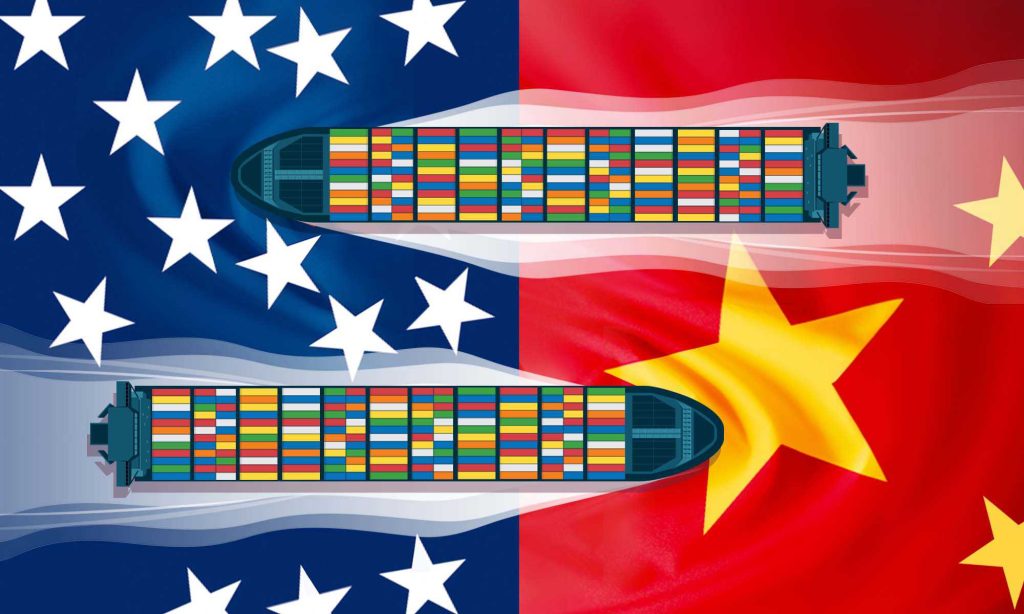Trump’s Tariff: How It Could Impact the Global Economy in 2025
U.S. President Donald Trump’s recent proposal to impose “reciprocal tariffs” has sent shockwaves through global markets, particularly in the United Kingdom. With economic uncertainty already looming, this policy could have widespread consequences on trade, employment, and international relations.
Understanding Trump’s Tariff Policy
Trump’s tariff proposal aims to impose equal taxes on imported goods from countries that place tariffs on U.S. exports. This strategy is intended to encourage fair trade but could lead to retaliatory measures from affected nations.
Potential Impact on the UK Economy
The UK heavily relies on international trade, particularly with the U.S, one of its largest trading partners. If these tariffs are enforced, Britain could face:
Higher import costs: Goods from the U.S. may become more expensive, affecting consumers and businesses.
Job market fluctuations: Industries that depend on exports to the U.S. could suffer losses, leading to job cuts.
Investor uncertainty: Stock markets may react negatively, causing volatility in financial sectors.

Global Economic Ripple Effects
The impact of Trump’s tariffs wouldn’t be limited to the UK. Other major economies, including the EU and China, could also respond with countermeasures, triggering:
A potential trade war: Nations retaliating with their own tariffs could disrupt global supply chains.
Rising inflation: Increased costs of goods and services could worsen economic conditions worldwide.
Reduced global GDP growth: Economic slowdown due to restricted international trade.
The Future of Trade Relations
As 2025 progresses, the global response to Trump’s tariff policies will shape the future of international trade. Potential outcomes include:
Negotiations for trade agreements: Countries may seek diplomatic solutions to avoid economic damage.
Shifting supply chains: Businesses may look for alternative markets to minimize losses.
Political debates: The policy could influence upcoming elections and economic strategies.
Conclusion
Trump’s tariff threat is more than just a policy proposal—it’s a move that could redefine global trade relationships. While some argue it protects domestic industries, others fear it could trigger economic instability. As the situation unfolds, businesses, policymakers, and consumers must prepare for potential changes in the global economic landscape.


